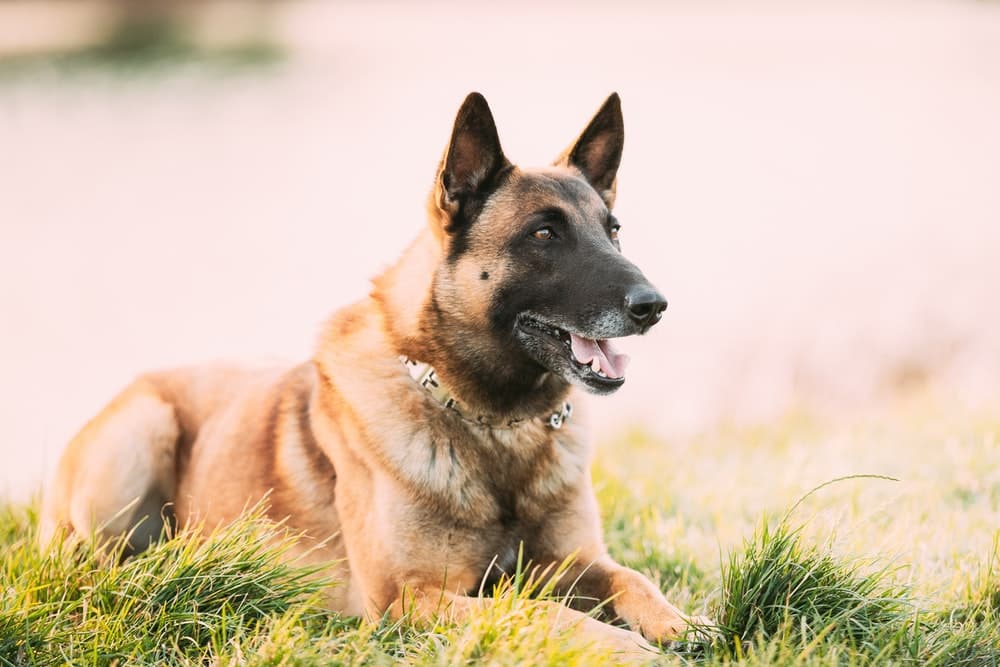Caring for a senior horse dealing with arthritis requires a delicate balance of diet, exercise, and medical care. As these noble creatures age, their joints often bear the brunt of years spent galloping, jumping, and serving their humans. Osteoarthritis, in particular, is a common ailment that affects older horses. This condition leads to inflammation and degeneration of the joints, leading to pain and reduced mobility. Helping your equine friends maintain comfort and dignity in their golden years requires understanding the specific needs of an older, arthritic horse.
Recognizing the Signs of Arthritis in Horses
Before diving into the ways you can help a senior horse with arthritis, it’s essential to identify whether your horse is suffering from this condition. Arthritis is not simply a problem that comes with age. It is a specific condition that affects a horse’s joints, causing them to become inflamed and painful.
Sujet a lire : What’s the Best Way to Prevent Feather Plucking in Parrots?
Horses with arthritis will often display a hesitancy to move, a reduced stride, or an apparent stiffness, especially after periods of rest. You might also notice swelling around their joints or an increased reaction to touch in these areas. If your horse exhibits any of these signs, it’s crucial to seek a veterinarian’s advice. They will be able to diagnose the issue accurately and guide you in providing the necessary care.
Adapting the Horse’s Diet
Once arthritis has been diagnosed, adjustments to the horse’s diet can be an effective way to help manage the condition. The goal here is to provide an optimal diet that supports joint health and reduces inflammation.
Lire également : How to Care for the Scales of a Bearded Dragon to Prevent Shedding Issues?
Provide your horse with ample roughage, such as hay, which is the mainstay of any equine’s diet. However, be sure to control the horse’s weight as obesity can exacerbate arthritis by placing even more strain on the joints.
Supplementation can also be beneficial. Omega-3 fatty acids, for example, are known for their anti-inflammatory properties and can be a helpful addition to an arthritic horse’s diet. Equally, glucosamine and chondroitin supplements may help maintain joint health and potentially slow the progression of the disease.
Always consult with a vet or equine dietician before significantly altering your horse’s diet or adding supplements to ensure it’s done safely and effectively.
Implementing Appropriate Exercise Regimes
Exercise is a vital part of managing arthritis in horses. While it might be tempting to let your older horse rest, regular, gentle exercise can help maintain joint mobility and prevent stiffness.
The key here is to find a balance. Excessive work could potentially harm a horse with arthritis, but too little activity can also be detrimental. Aim for consistent, low-impact exercises, such as walking or light trotting. The frequency of these exercises is more beneficial than their intensity.
It’s also critical to ensure that your horse’s exercise regime is age-appropriate and tailored to its individual needs. Keep your sessions short, and always prioritize the horse’s comfort. If you notice any signs of discomfort or reluctance, it may be time to end the session and allow the horse to rest.
Providing Medical Care and Support
Managing arthritis in a senior horse is not just about diet and exercise. Medical care plays a crucial role in managing pain and maintaining overall health.
Non-steroidal anti-inflammatory drugs (NSAIDs) are often utilized to control pain and inflammation in horses with arthritis. However, they should only be used under a vet’s supervision due to potential side effects.
Joint injections are another option that can provide more direct relief to the affected joint. These injections typically contain corticosteroids or hyaluronic acid, which can help to reduce inflammation and improve joint function.
Finally, consider working with an equine physiotherapist. They can provide therapeutic exercises and treatments, such as massage or heat therapy, to relieve pain and improve joint function.
Creating a Suitable Environment for Your Horse
The environment in which your horse lives can make a significant difference in their comfort and overall well-being. For horses with arthritis, soft bedding in their stable can provide much-needed relief for painful joints.
Accessibility is also crucial. Ensure pathways are clear and easy for the horse to navigate, especially if their mobility is limited. Similarly, if you’re using automatic waterers or feeders, they should be at a level that doesn’t require the horse to bend or stretch excessively.
In conclusion, providing optimal care for a senior horse with arthritis involves a multifaceted approach. Taking time to understand their needs and working in conjunction with veterinary and equine professionals will ensure you provide the best possible care, helping your equine friend live out their golden years with comfort and dignity.
Ensuring Proper Hoof Care and Regular Check-ups
Proper hoof care is another critical factor to consider when looking after an older horse with arthritis. A horse’s hooves provide the primary support for its body weight, and any discomfort or imbalances can significantly affect their joint health and overall body condition. Regular farrier visits are essential for maintaining healthy hooves, and a professional will be able to detect any abnormalities and address them promptly.
Also, consider cushioning materials in the hoof area, especially if your horse has laminitis, another common ailment in older horses. Laminitis can make the feet extra sensitive, and providing softer hoof support can help alleviate discomfort.
Regular check-ups with a vet are crucial too. A professional can monitor the progress of the arthritis, adjust medications as needed, and offer advice regarding any other senior horse health issues. Don’t forget, diseases like Cushing’s disease, which is prevalent in older horses, can exacerbate arthritis symptoms. Regular blood tests and body condition assessments will help keep any such issues in check.
Addressing Weight Management and Potential Weight Loss
Weight management is another crucial aspect of caring for a senior horse with arthritis. Obesity can put extra strain on the joints, aggravating the symptoms of arthritis. On the other hand, unexplained weight loss can also be a concern, as it could indicate an underlying health issue contributing to the arthritis or a decrease in the horse’s ability to absorb nutrients due to age.
Implementing a balanced diet, as previously mentioned, can support an optimal weight. Make sure the diet is rich in high-quality roughage, like hay, and low in carbohydrates. Monitor your horse’s body condition regularly and adjust their feed intake accordingly.
If you notice significant weight loss despite a healthy diet, it’s essential to consult with a vet. They might recommend changes to the feeding program or investigate potential underlying health issues, such as dental problems or gastrointestinal issues, which can affect the horse’s ability to chew and digest food effectively.
Conclusion
Caring for a senior horse with arthritis might seem daunting, but with the right knowledge, understanding, and professional support, it is entirely manageable. Remember, the secret to successful horse care lies in balancing a healthy diet, an appropriate exercise regimen, and regular medical care. Additionally, creating a comfortable living environment and ensuring proper hoof care can go a long way in easing the symptoms of arthritis.
As your equine friend ages, they’ll rely more on you for their comfort and well-being. The effort you put into their care will be rewarded with the continued bond you share and the satisfaction of knowing you’re doing everything you can to help your horse live out their golden years with dignity and grace. In times of doubt, remember to rely on your vet and equine professionals who are there to guide you through the journey of caring for your older horse.






